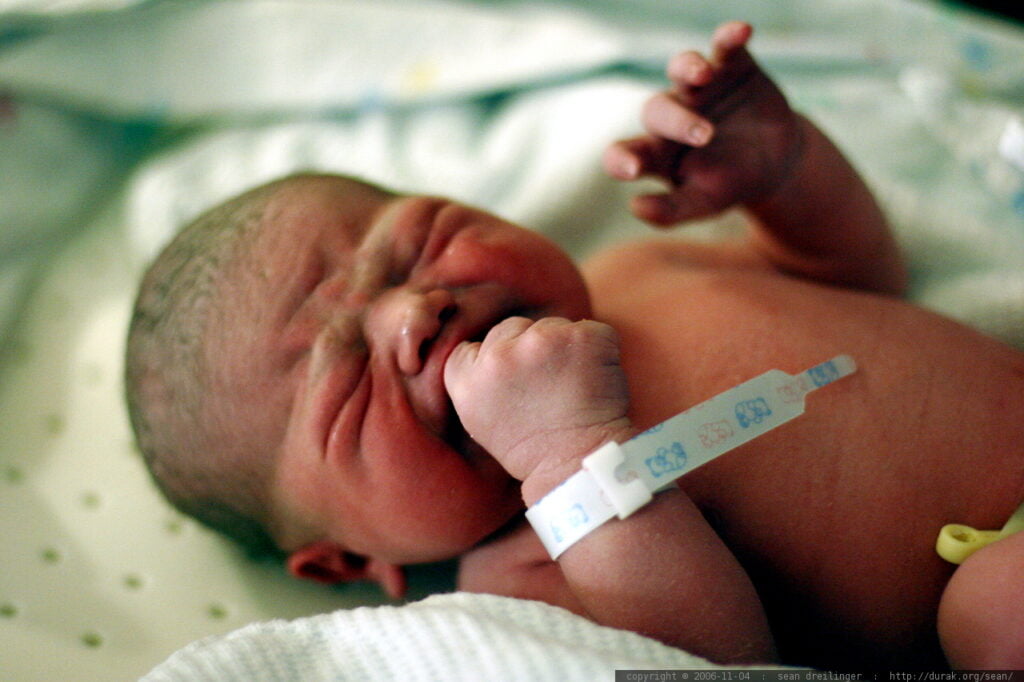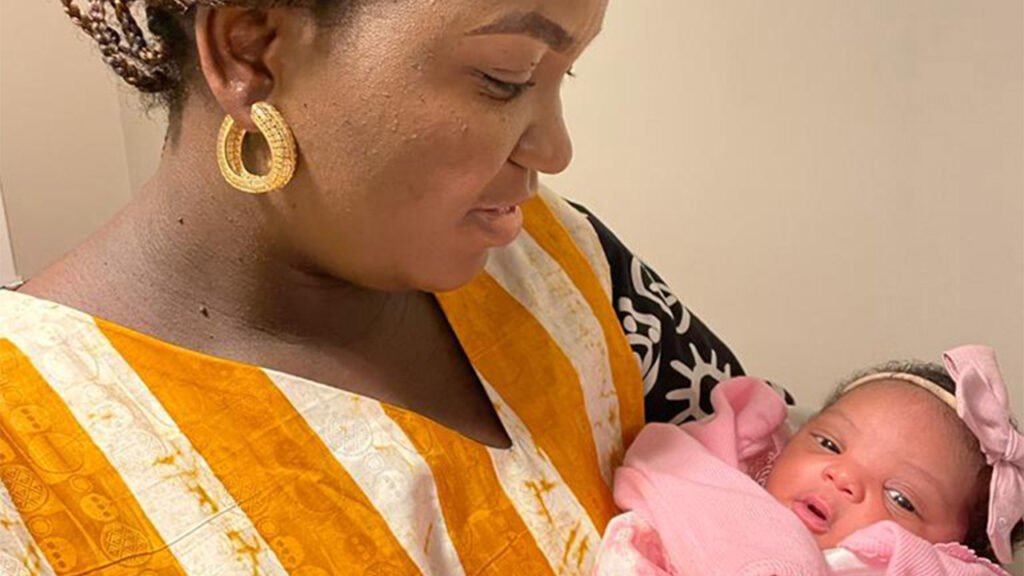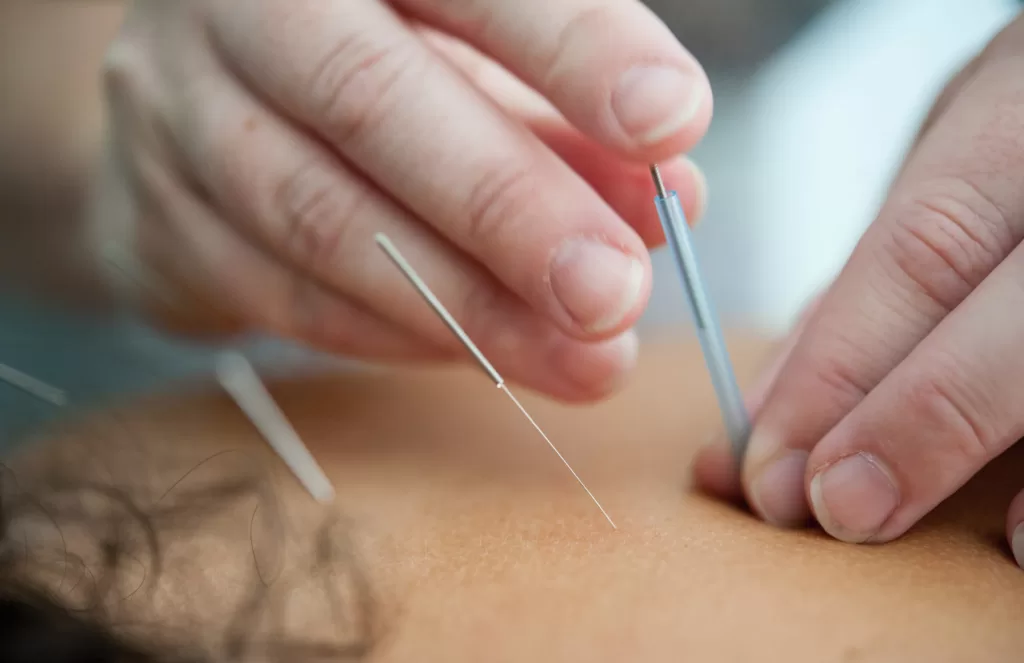Too often, the medical profession ignores self-reported health from women in labour. Doing so risks both mother and baby.
 Women’s experiences of pain and childbirth must be heard for newborn lives to be saved. : Sean Dreilinger (Flickr) CC 2.0
Women’s experiences of pain and childbirth must be heard for newborn lives to be saved. : Sean Dreilinger (Flickr) CC 2.0
Too often, the medical profession ignores self-reported health from women in labour. Doing so risks both mother and baby.
Last year, when I gave birth to my daughter, my experience of pain was dismissed by hospital staff, leading to life-threatening complications in labour. Unfortunately, my experience is not unusual, with recent studies showing that medical personnel do not listen to women and especially women of colour enough when they raise concerns.
When I arrived at the hospital, I told the labour and delivery nurse that I was not planning on having an epidural as I had my own way of dealing with pain. She responded, “Brave girl. We will see.” I let the nursing staff know that my way of processing pain is not often visible to others, but that I could feel labour progressing.
After about eighteen hours of labour, my midwife asked me how I was feeling. I told her that I was further along than she thought and that I could feel my cervix dilating. She and the labour and delivery nurse exited the room to speak in the hallway, then my midwife left the hospital.
During my next contraction, I felt the baby drop twice. I urged my husband, “Go get the nurses, now!” He immediately ran out into the hallway and alerted the charge nurse. Moments later, the charge nurse performed an exam and yelled to her staff, “She is plus three!” The baby was crowning, but no obstetrician or midwife was at the hospital to deliver her. The charge nurse and her staff turned me onto all fours. They asked me to lay my head down on the hospital bed so that gravity would keep the baby in my womb while an obstetrician rushed to the hospital. In this position, my baby’s heart rate slowed for over two minutes, leading to fetal distress, risking my baby’s life and the potential for an emergency caesarian. When an obstetrician arrived, a tray of surgical tools followed him. He instructed me to push with all my might, or he would have to cut or suction the baby out.
On that day, I was one of more than 10,000 women to give birth in America. Many, like me, experience complications during labour, and postpartum conditions. For example, Serena Williams’ medical team did not initially take her concerns seriously. The tennis star had to insist on needed postpartum care. While Williams is able to advocate for herself, many other women can’t. The answer to this problem is not greater access to high-tech medical interventions, but, simply, the art of listening.
In my case, my descriptions of the progressing labour were dismissed. My voice was not taken seriously because my pain did not outwardly resemble what my medical team was used to seeing. My baby and I have recovered from the experience, but unless the medical profession properly listens to mothers, other women will not be as lucky.
Rosalynn A. Vega is associate professor of medical anthropology, program coordinator of medical humanities, and graduate program coordinator of the masters in interdisciplinary studies with a concentration in anthropology at the University of Texas Rio Grande Valley. She declares no conflict of interest
Originally published under Creative Commons by 360info™.













